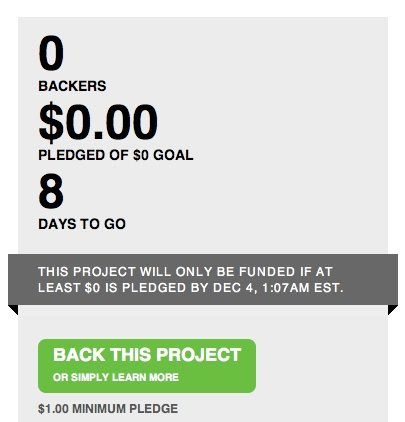
April 10, 2013; The Atlantic Cities
Kickstarter has proven to be a very popular and quite wonderful tool for entrepreneurs to get funding. This crowdfunding platform generally works for cool ideas that someone is inventing, and investors get to offer support for a project they think is exciting.
Sign up for our free newsletters
Subscribe to NPQ's newsletters to have our top stories delivered directly to your inbox.
By signing up, you agree to our privacy policy and terms of use, and to receive messages from NPQ and our partners.
The question now is if investors will consider it exciting enough to invest in small, neighborhood development projects in Chicago. An initiative out of Mayor Rahm Emanuel’s office plans to group several projects together and offer them to investors through Kickstarter. These projects range from a hair-braiding training program, to the expansion of a dance studio, to creating an urban farm.
By grouping these projects into a single class, the hope is that they will create higher visibility, and thereby attract more investors. The concept promotes communities investing in their own neighborhoods, helping establish local businesses to provide jobs for area residents and, so, boost the economy.
But therein lies the concern. If the neighborhoods where the businesses are located are economically challenged, will residents there be able to invest through Kickstarter at sufficient levels? Or would this idea only work for more affluent neighborhoods? Will investors from areas surrounding Chicago have an interest in investing in the central city, a place they are unlikely to visit or spend much time? As is reported in the article, this is a concern, but the only way to find out is to test it.—Rob Meiksins












